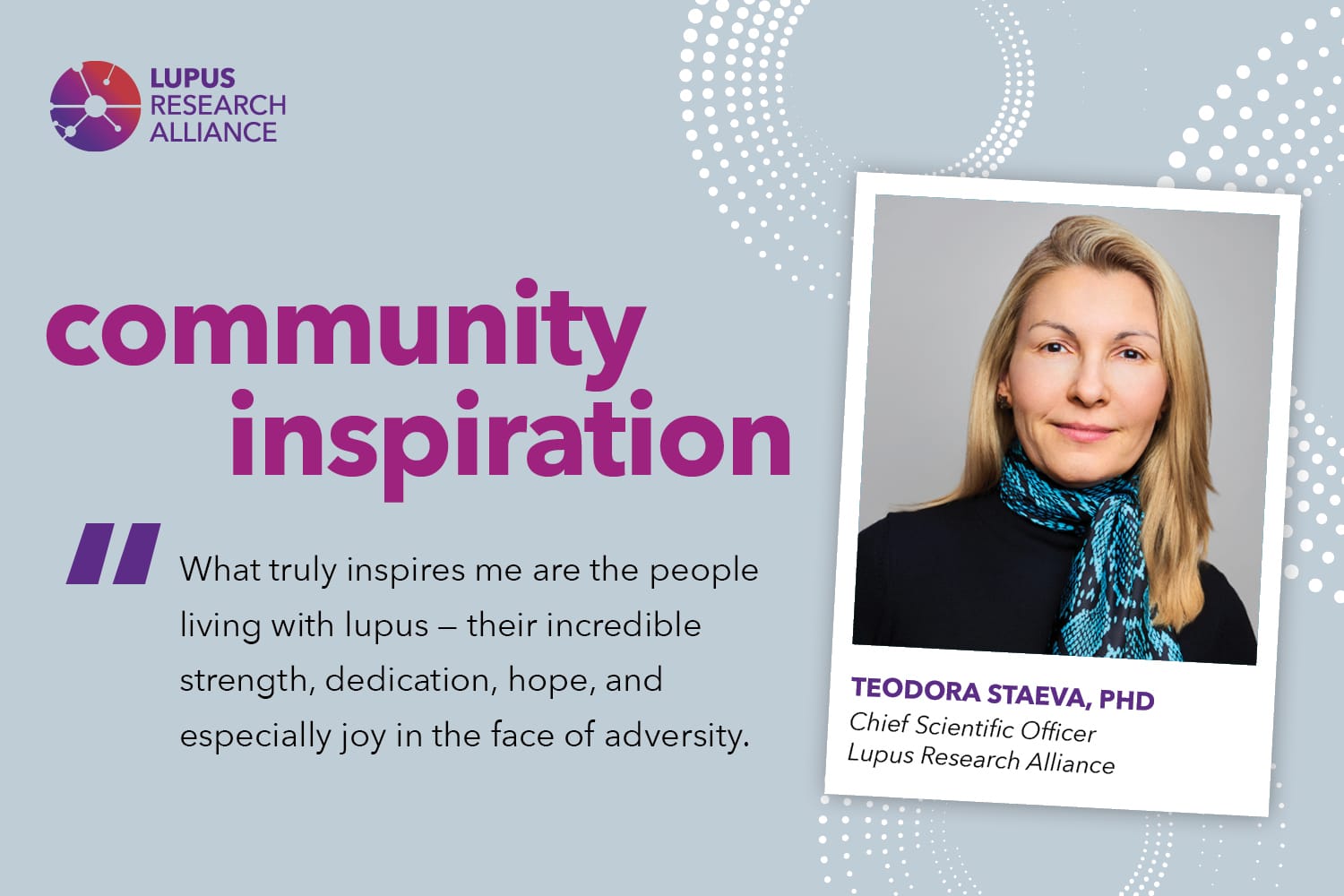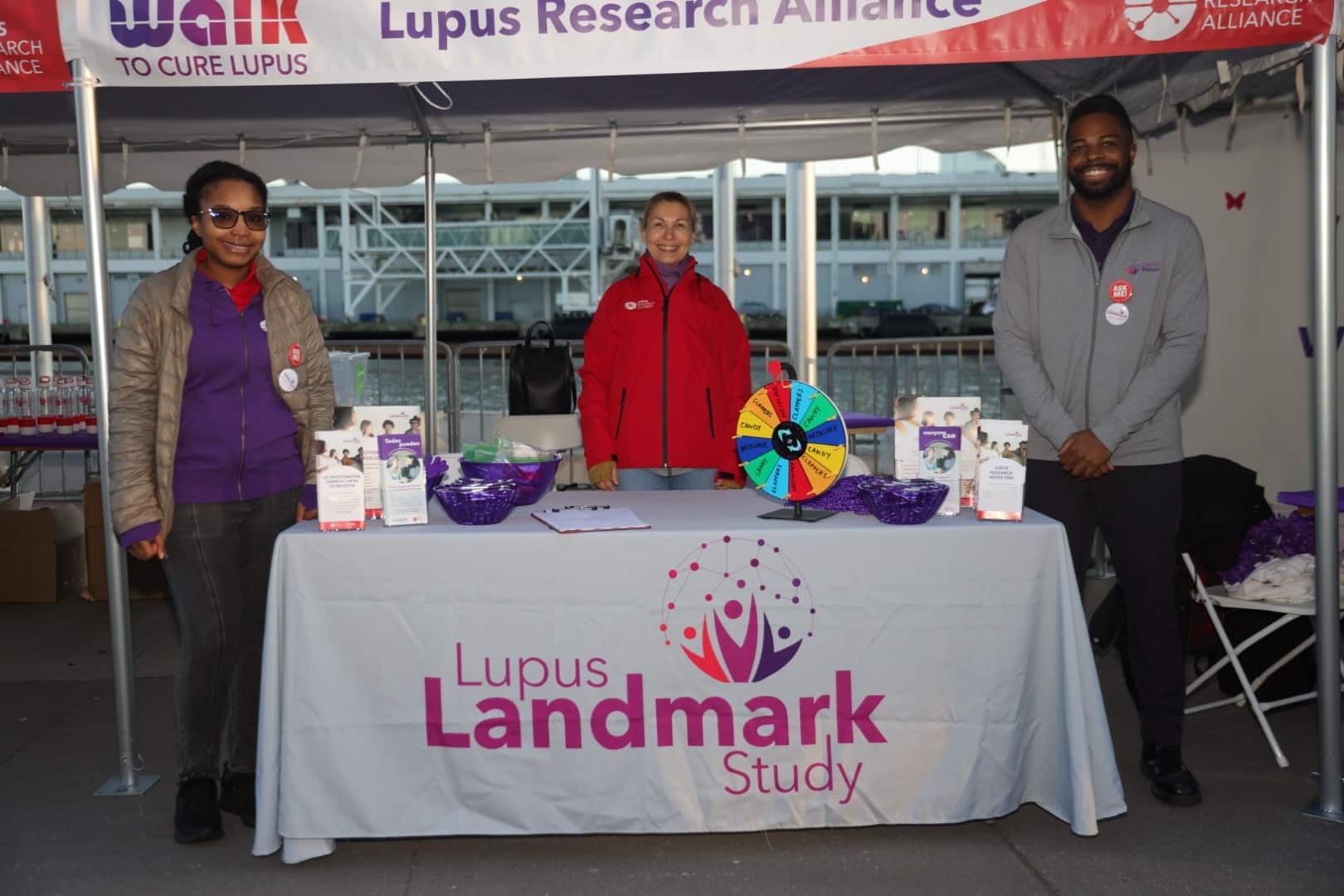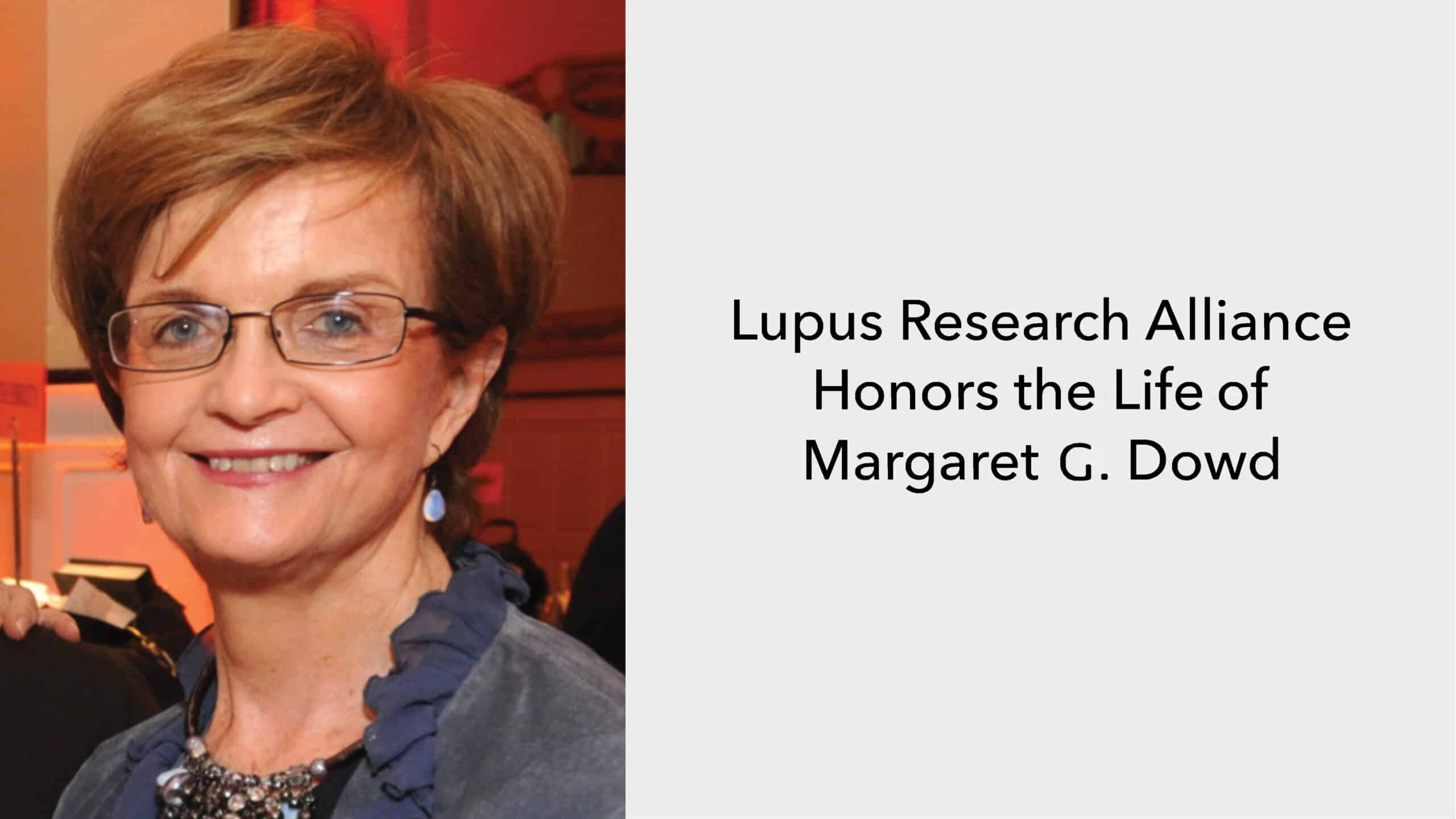Transforming Lupus Treatment Through the Power of Science: Meet LRA Scientific Leader Dr. Teodora Staeva

Transforming Lupus Treatment Through the Power of Science: Meet LRA Scientific Leader Dr. Teodora Staeva
The very first day Dr. Teodora (Teo) Staeva started as Research Director at the Lupus Research Alliance (LRA), she knew she was exactly where she was meant to be. It was 2017 and the organization was co-hosting a historic Patient-Focused Drug Development meeting in collaboration with the US Food and Drug Administration (FDA) and other lupus organizations. That day she met dozens of dedicated lupus champions and listened to the moving stories that powerfully illustrated why new treatments, and a cure were, and still are, so vitally important.
Carrying those stories with her every day since, Teo is a source of inspiration and leadership in the global lupus research community in her role as Chief Scientific Officer at the LRA. Prior to joining the organization, she served as Assistant Dean for Research at Weill Cornell Medicine and Director of Immune Therapies at JDRF (Juvenile Diabetes Research Foundation, currently known as Breakthrough T1D). She earned her PhD in immunology from Weill Cornell Graduate School.
The following interview with Teo conveys how the LRA research enterprise has evolved in her very capable and compassionate hands.
Why did you join the LRA?
I wanted to join a non-profit organization focused on autoimmunity where I could build/expand the research program in collaboration with experts from academia, industry, government and most importantly patients to help address critical unmet needs. The LRA provided the perfect opportunity to do so working with many of the top experts in the field and people living with lupus.
How has LRA’s Research Program changed under your leadership?
When I joined the LRA, the Research Program had just three grant mechanisms and as few staffers. In the past seven and a half years, we developed LRA’s first research strategic plan which we updated in 2023 for the next 5-year period. Guided by our research priorities and research governing bodies, the Research Committee of the LRA Board and the Scientific Advisory Board, we have expanded the Research portfolio to a dozen programs including ambitious key initiatives such as the Lupus ABC and Lupus Nexus while continuing to support foundational research. All of this is a result of the tremendous team effort enabled by an extremely dedicated and passionate LRA research team, now of 21, and our very generous and dedicated external experts. I am deeply indebted to both groups.
What programs are you particularly excited about?
The headway made by the Lupus Accelerating Breakthroughs Consortium (Lupus ABC) and its potential are very exciting. Initiated by the LRA in partnership with the FDA and representatives of every sector of the lupus community, including people living with the disease, this public-private partnership addresses key challenges that have slowed lupus drug development for decades. In less than two years, Lupus ABC assembled 49 partners, and launched four projects each reaching a key inflection point within 12 months. Another exciting program within LRA’s research portfolio is the Global Team Science Award which has thus far supported six distinguished teams poised to make important translational advances.
What other accomplishments are you proud of?
Another key program is the Lupus Nexus – a registry, biorepository and data exchange platform – developed with guidance from over 100 partners representing scientists from academia and industry, funders, and lupus patients. The Lupus Nexus offers community-wide access to a longitudinal, highly curated, centralized patient dataset with linked biospecimens and molecular data that will accelerate precision medicine for lupus.
As part of our latest 5-year research strategy, we launched a couple of exciting new funding mechanisms that will further bolster LRA’s patient-centric research efforts including a Translational Bridge Award, a Mechanistic Clinical Award, and a Targeted Research Program on Engineered Cell Therapies.
Why should people with lupus be optimistic for their future?
There is more reason for hope in lupus than ever before. Towards the end of last year, we saw two successful Phase 3 trials (with two different therapies) and the overall clinical pipeline is robust with multiple agents in ongoing Phase 3 trials. We eagerly anticipate the approval of the third biologic for lupus later this year, bringing us closer to the ability to match the right patient with the right treatment. Additionally, engineered cell therapies hold great promise for resetting the immune system and offer hope for a cure in some individuals with treatment refractory disease.
What is the LRA vision for lupus research going forward?
The LRA research vision is to 1) advance the understanding of human lupus heterogeneity (how lupus differs widely from person to person) to enable personalized treatments; 2) increase the number of prognostic tools and biomarkers to reduce time-to-diagnosis and improve treatment choices; and 3) accelerate the development of transformative treatments. Importantly, the LRA is also investing in enabling activities across the research spectrum to accelerate translational progress.
As someone who plays such an important role for the lupus community, can you share what inspires you?
What truly inspires me are the many people living with lupus I have had the privilege of knowing and working with — their incredible strength, dedication, hope, and especially joy in the face of adversity.
What do you want people to learn or take away from their involvement with LRA?
I hope people see that the LRA is deeply committed to improving the lives of people living with lupus, and our efforts are accelerating the pace of progress in the field across the research spectrum, which would not be possible without the critical contributions of patients, researchers and clinicians.
What are you passionate about in your spare time?
I recharge my batteries by meditating and connecting with nature through walking/hiking, running, and tending my tiny garden amidst New York’s concrete jungle. I also love Argentine tango and skiing.




